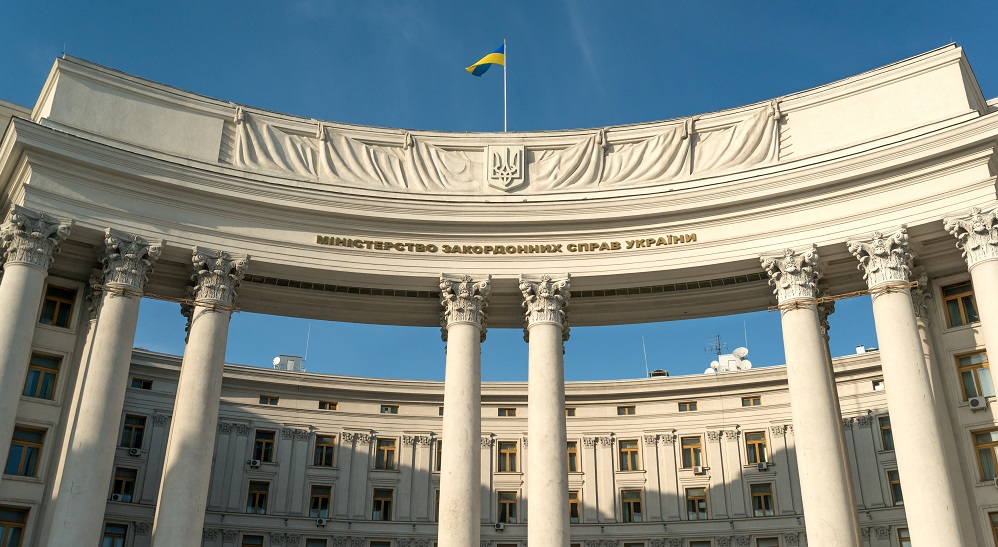Date of publication: 3 April 2015
Olena Omelchenko, Partner, Attorney at Law, Head of International Trade Practice
Source: Ekonomichna Pravda
On February 25, 2015 the Law of Ukraine “On measures intended for stabilization of the balance of payments of Ukraine pursuant to article XII of the General agreement on tariffs and trade 1994” came into force.
This law temporarily (for one year) introduces an additional 10% import duty applied to agricultural products and 5% duty applied to industrial products excluding life indispensable products.
The import duty will be levied irrespective of the country of origin of such goods and free trade agreements concluded by Ukraine.
International legal relationships of Ukraine in terms of application of such measures is governed by WTO regulations and the CIS Free Trade Zone Agreement as of October 18, 2011 which do not forbid introduction of any restrictions for stabilization of the country’s balance of payments in certain circumstances.
Introduction of such restrictions is rare but effective instrument of supporting the national economy which is practically applied further to fundamental economic analysis of the state of the balance of payments and gold reserves of the country. Such restrictions must be of “general nature” and exert positive effect onto GDP.
At the same time it is important to determine the most vulnerable commodity items referred to as “life indispensable products” and brought from under the influence of corresponding measures. For example the durable means of production or raw materials necessary for manufacturing process.
Ukraine is committed to the “general” approach of defining the list of products import of which has been subjected to import duties. However, many raw materials required for manufacturing were not included into the list of exempted items which may cause price increases at the Ukrainian local market.
One should also keep in mind dependence of Ukrainian economy on the products imported from abroad. In agricultural sphere such rate reaches up to 15% (in intrabranch consumption) and in manufacturing industry – exceeds 40%. According to certain prognoses introduction of additional import duty will cause a decrease of actual GDP by 0.73%.
That is why it would be desirable to review the possibility of further liberalization of measures by extending the list of limitations of so-called critical export.
According to coordinations regarding the provisions on the balance of payments GATT Ukraine informed the WTO on taking corresponding measures through notice WT/BOP/N/78 as of January 21, 2015 and informed about its willingness to start consultations with a corresponding committee a session of which is planned on April 28.
In order to represent its position regarding certain limitations in connection with payment balance to the committee Ukraine, prior to consultations, must draft the Basic Document and submit it to the WTO’s Secretariat as well as to serve an additional notice on the law becoming effective.
The Basic Document must contain analysis of the dynamics of development of the situation with payment balance and its prospects, review of the measures of internal politics applied for restoring a long-term balance.
It is also necessary to submit full description of approved limitations, legal framework, steps undertaken to decrease the accessory protective effect, as well as the plan of removal and gradual decrease of limitations.
If, within the period of working with the committee, Ukraine fails to convince the interested countries in the practicability and lawfulness of approving limitations it is going to expect premature cancellation of the additional import duty.
The said has already been mentioned in the press with reference to memorandum on economic and financial policy concluded by the Cabinet of Ministers of Ukraine and the IMF.
Participation in the committee is open to all the WTO members, including the main trade partners – European Union and the Russian Federation.
Following the consolations the committee will submit a report to the general council of the WTO containing considerations and recommendations, as well as proposals of the parties proposed at the committee.
Ukraine must also hold consultations with the parties to the free trade zone agreement as of October 18, 2011 interests of which may be affected.
As it was reported the Russian Federation is initiating a discussion of the additional duty onto imported goods introduced by Ukraine within the CIS.
The consultations will be of great interest to Belarus which is not able to take part in the discussion at the WTO platform, as soon as it is not a WTO member, but which has Ukraine as one of its principal trade partners.
If one of the parties to the agreement claims that Ukraine fails to fulfill its obligations, which inflicts harm to its economic interests, it will have the right to carry out additional consultations and create an expert committee to settle the dispute.
However, the dispute settlement mechanism within the CIS is inoperable in view of unregulated technical matters including the absence of the procedure of paying remuneration to the experts. Thus, it should be expected that at the level of the CIS countries the progress will go no further than just consultations.
